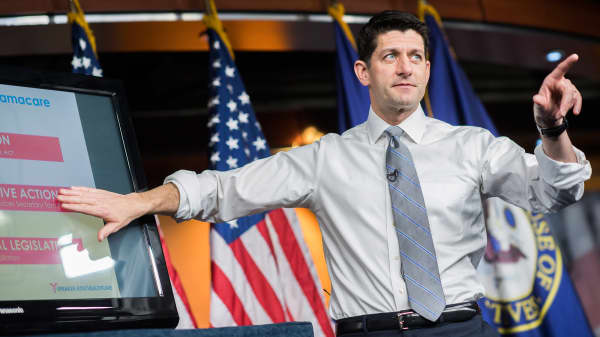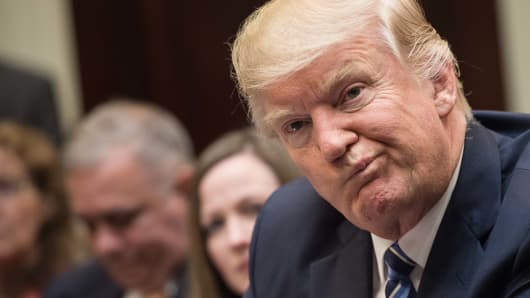This screaming headline "24 million Americans will lose their health coverage" is topping almost every story on the Republican Obamacare replacement plan now that it's been studied by the Congressional Budget Office. But I have a better headline: "Government can't fix stupid."
That's the real takeaway because as it turns out, most of those 24 million people projected to "lose" coverage will be doing so of their own free will. Here are the CBO's own words:
Most of that increase, (in uncovered Americans), would stem from repealing the penalties associated with the individual mandate. Some of those people would choose not to have insurance because they chose to be covered by insurance under current law only to avoid paying the penalties, and some people would forgo insurance in response to higher premiums.
In other words, now that the government can't make them do it, a lot of people who can afford to buy health insurance simply won't do it anymore. And therein lies the problem. The role of government is to operate under the consent of the governed, not to act as the nanny state.
So where do we go from here? The first thing would be to do something the Republicans have promised to do for eight years and reintroduce the lower cost, bare-boned major medical insurance plans to the market that the Affordable Care Act outlawed.
It's not clear how many millions of Americans would be willing to pay for those kinds of plans, but they're certainly better than the no coverage choice so many of them will make otherwise.
The big insurance companies don't like those plans because they allow a lot more companies into the industry to compete with their more comprehensive coverage. But neither the Republicans nor the Obama administration should have backed bills that mostly help the insurance companies.





